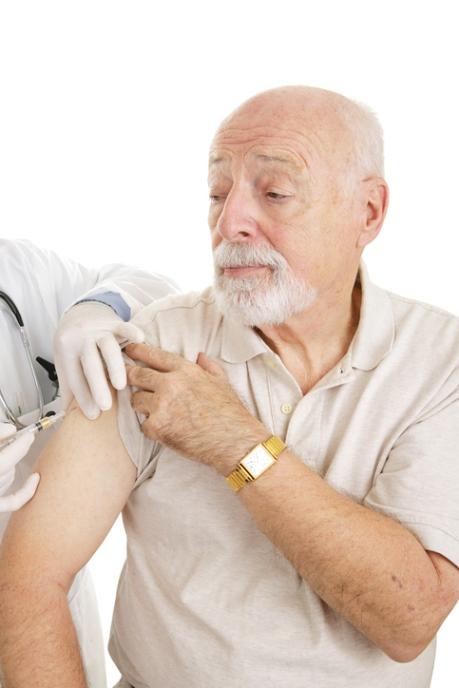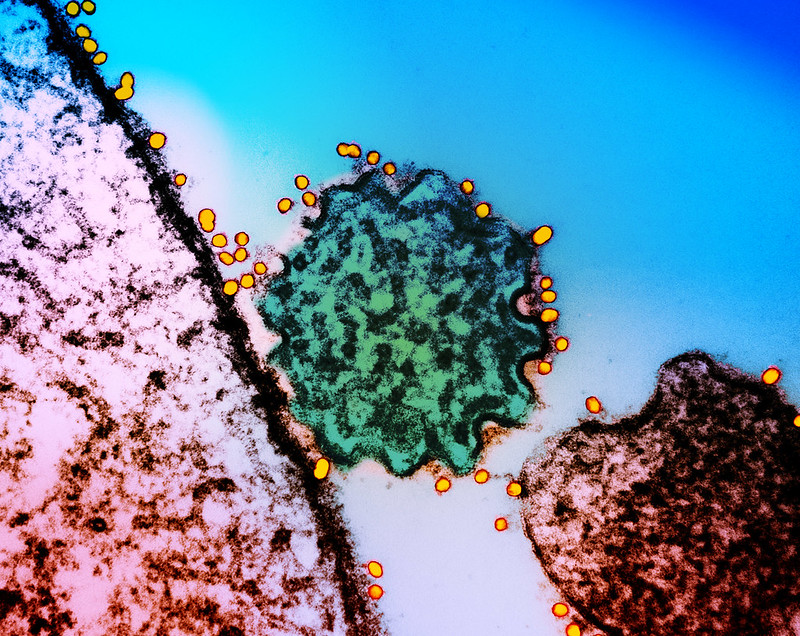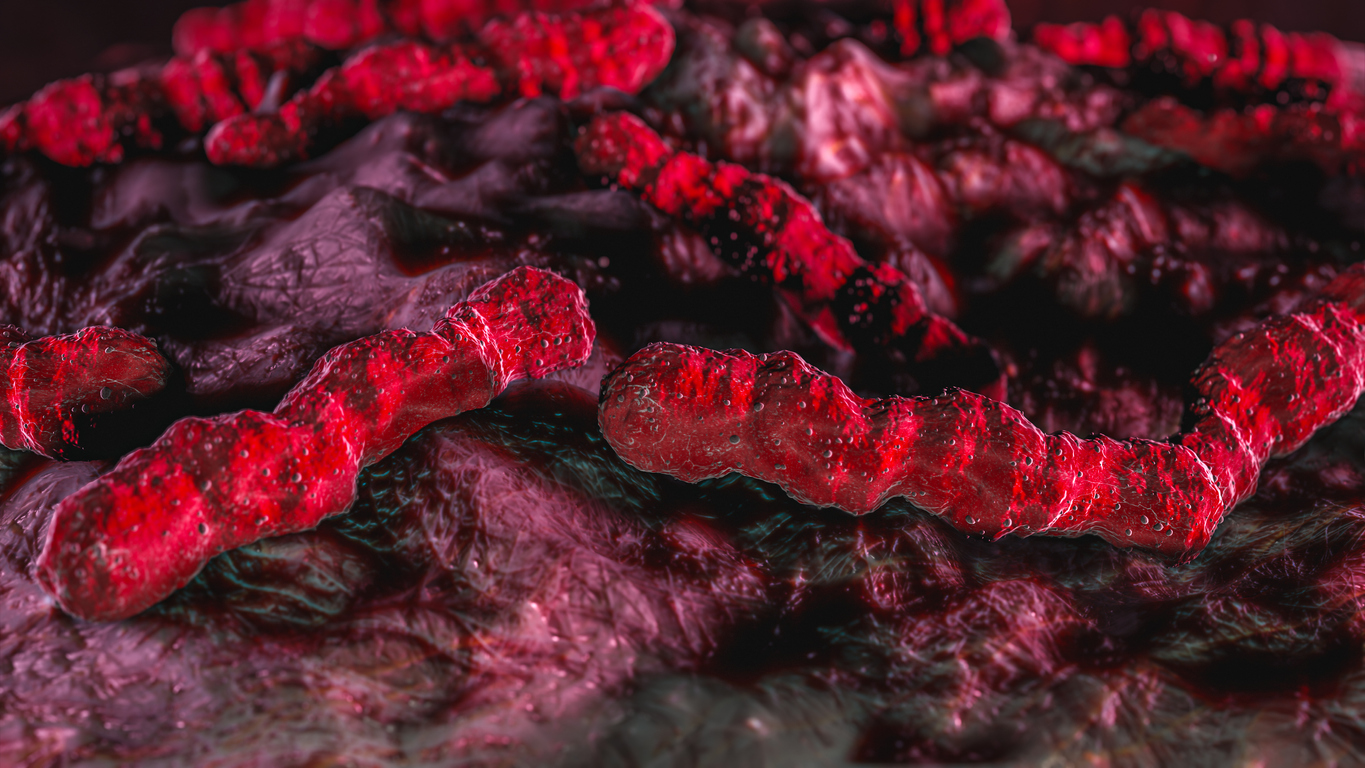Danish seniors who received the quadrivalent (four-strain) high-dose influenza vaccine (QIV-HD) had fewer hospitalizations for flu and other conditions compared to their peers who received the standard quadrivalent flu vaccine (QIV-SD), according to a post-hoc analysis published late last week in Clinical Microbiology and Infection.

The trial took place during the Northern Hemisphere's 2021-22 flu season. Researchers enrolled 12,477 participants, 6,245 who received QIV-HD and 6,232 who got the QIV-SD. Overall mean age was 71.1, and 47.1% were women. Just over 20% had underlying cardiovascular disease.
The researchers looked at a number of outcomes when comparing the two groups, beginning 14 days after vaccination until May 2022. Hospitalizations for pneumonia or influenza, respiratory hospitalizations, cardiorespiratory hospitalizations, cardiovascular hospitalizations, all-cause hospitalizations, and all-cause death.
60% greater protection
The investigators found that receiving QIV-HD was associated with lower rates of hospitalization for flu and pneumonia—10 events in the QIV-HD group compared with 33 in the QIV-SD group. Incidence rate ratio (IRR) was 0.30 (95% confidence interval [CI], 0.14 to 0.64), meaning 60% greater protection.
Trends favoring QIV-HD were observed over time, even before the flu season was under way. The team found the first statistically significant reductions in flu and pneumonia hospitalizations by the third calendar week of 2022. There were 5 such events in the QIV-HD group versus 15 in the QIV-SD group. IRR was 0.33 (95% CI, 0.11 to 0.94).
The researchers concluded that the impact on less specific outcomes outside of influenza circulation periods supports earlier findings, including from similar trivalent (three-strain) flu vaccines, that suggest broader effects from flu vaccination.
"Our exploratory results correspond to a number needed to treat of 65 (95% CI 35-840) persons vaccinated with QIV-HD compared with QIV-SD to prevent one additional all-cause hospitalisation per season," the authors wrote. "Further research is needed to confirm these hypothesis-generating findings."


 In an attempt to establish a definitive objective cognitive marker for PCC, or post-COVID-19 condition, researchers tested long COVID patients in Germany and the United Kingdom with cognitive speed tests, and found long COVID patients
In an attempt to establish a definitive objective cognitive marker for PCC, or post-COVID-19 condition, researchers tested long COVID patients in Germany and the United Kingdom with cognitive speed tests, and found long COVID patients 










